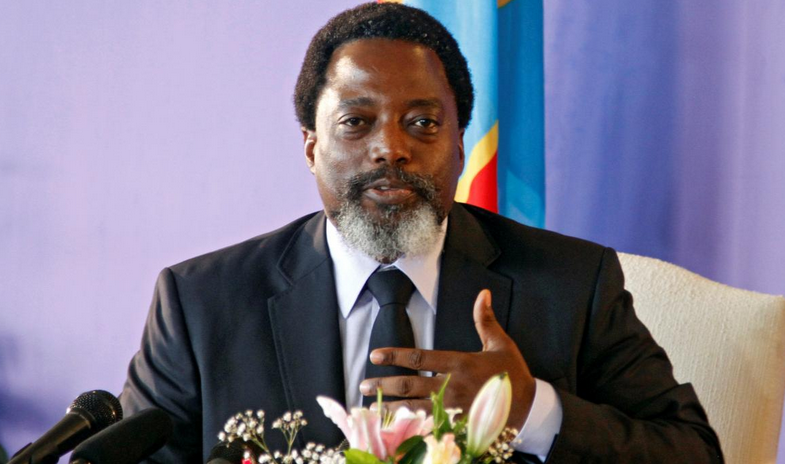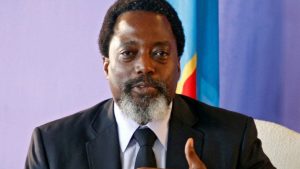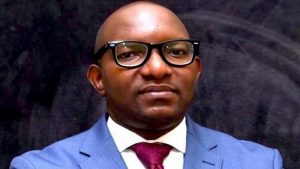The credibility of the electoral process in the Democratic Republic of Congo remains a concern while the decisions of the Constitutional Court to resolve any ambiguities and instill confidence will be important.
That was the message delivered to the Security Council by the head of the United Nations mission in that country just 118 days ahead of crucial elections that could see the DRC’s first peaceful transfer of political power.
The decision of President Joseph Kabila not to seek a third term was also broadly welcomed, while countries like the United States raised certain ‘red flags’ it believes could fundamentally compromise the process.
While President Kabila’s decision to relinquish power has won him high praise, concerns continue around the exclusion of other opposition presidential candidates, with six of the 25 disqualified by the electoral commission or CENI (Commission Électorale Nationale Indépendante).
Head of MONUSCO Leila Zerrouggui says: “The on-going review and contestation process in particular of presidential candidates by the constitutional court will be key to the legitimacy of the electoral process going forward.”
“A lack of confidence or a perceived lack of credibility in the CENI or in the decisions of the Constitutional Court would only serve to heighten tensions in this process.”
The UN and others have also raised concerns that the DRC has refused external support both financial and logistical –with warnings that this could undermine the credibility of the poll.
US Ambassador Nikki Haley said the Government was wasting precious resources to buy capabilities already available to them.
“While we recognize progress, we cannot deny that red flags and unanswered questions remain. With less than four months to go, how will CENI transport elections materials to more than 90 000 polling places?”
“Will there be enough voting machines or will authorities extend voting by days or weeks? Can the authorities recharge voting machines with only a 12 hour battery life? Have election organisers widely tested the machines? Will voters, many of whom have never used a touchscreen, know how to use them?”
Women only make roughly 12% of the almost 20 000 candidates registered in the provincial elections and the over 15 000 candidates hoping to be elected into the national legislature.
Solange Lwashiga Furaha is a spokesperson for women’s civil society group Rien Sans Les Femme.
“Most of society in DRC is still reticent about women being able to vote, there is a lack of resources within the electoral campaigns, there is a lack of resources to encourage voters to go out vote for women and there are also problems surrounding the voting machines. There are also other challenges and fears linked to the holding of transparent, free, peaceful and democratic elections in 2018.”
As challenges linked to peace and security remain; Leila Zerrouggui concurred.
“The more meaningful inclusion of women in the electoral process is a priority. If the spirit of resolution 1325 is to find meaning in the DRC current political context and if women are to play the role in the newly elected government and legislatures which resolution 1 325 foresees.”
The UN has also warned the continued repression and intimidation directed towards political activists and human rights defenders in certain provinces does not instill confidence.
The world body has called for the lifting of a general ban on public demonstrations and the upholding of the principles of freedom of expression and assembly in the DRC.






